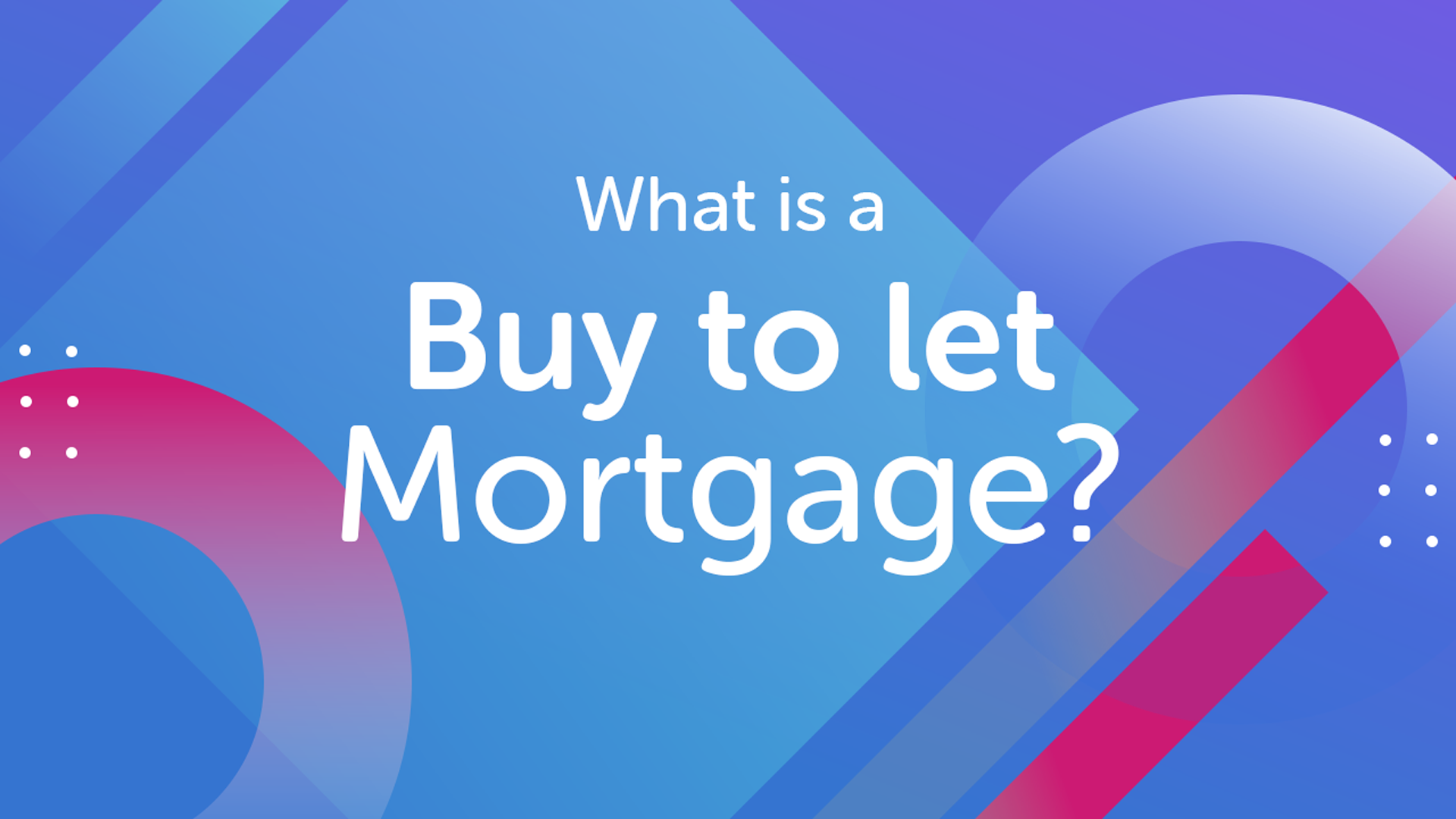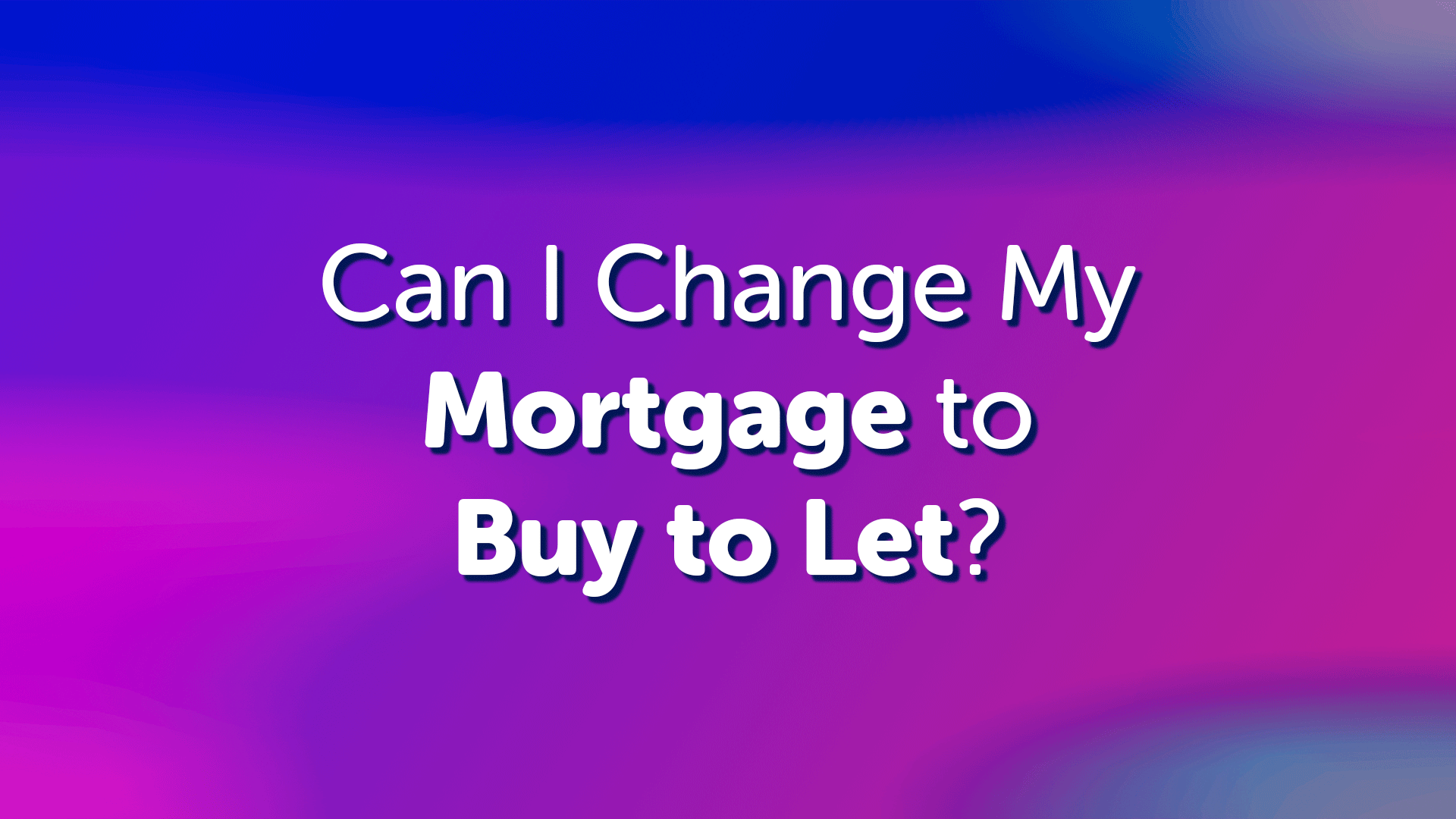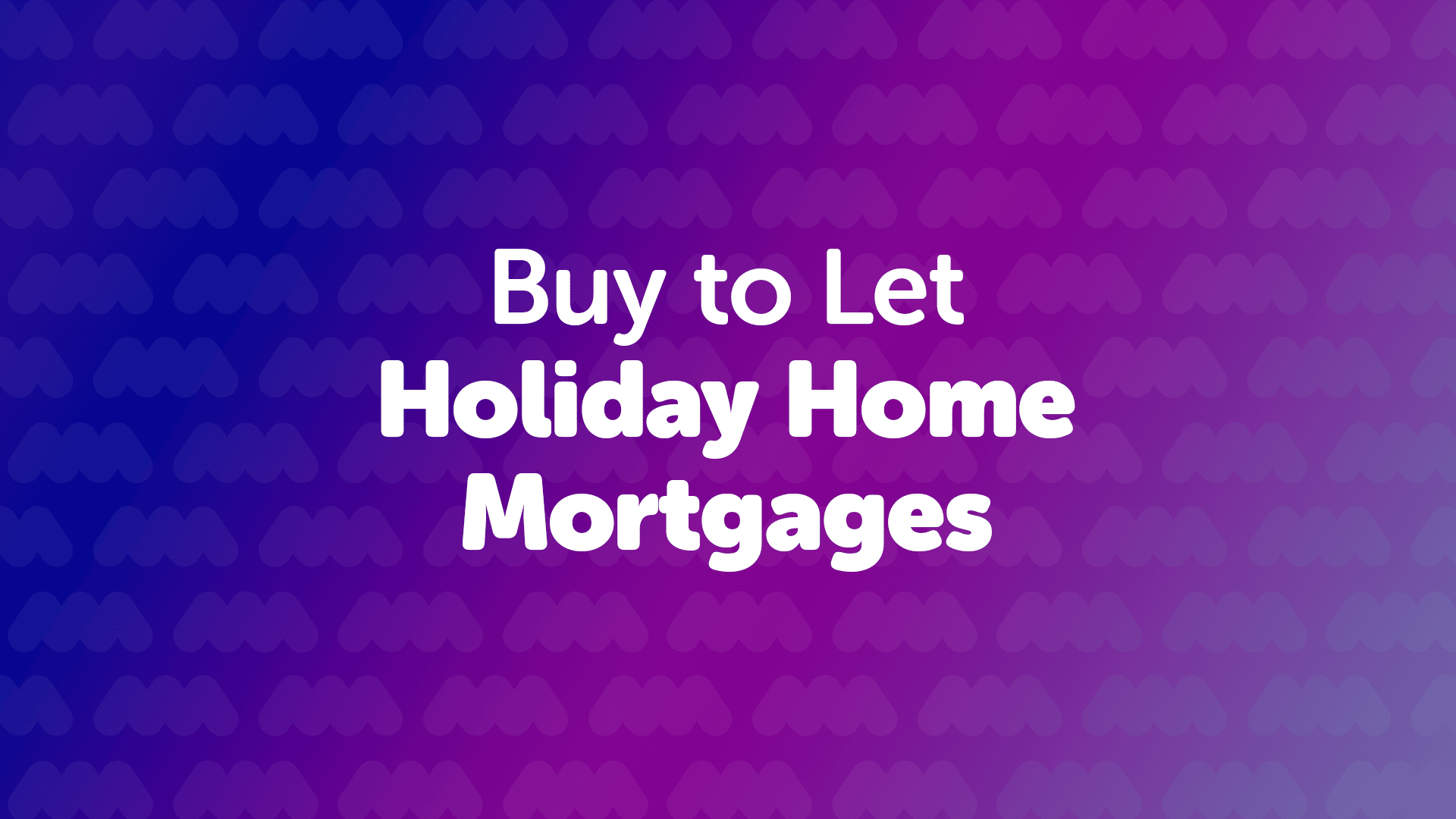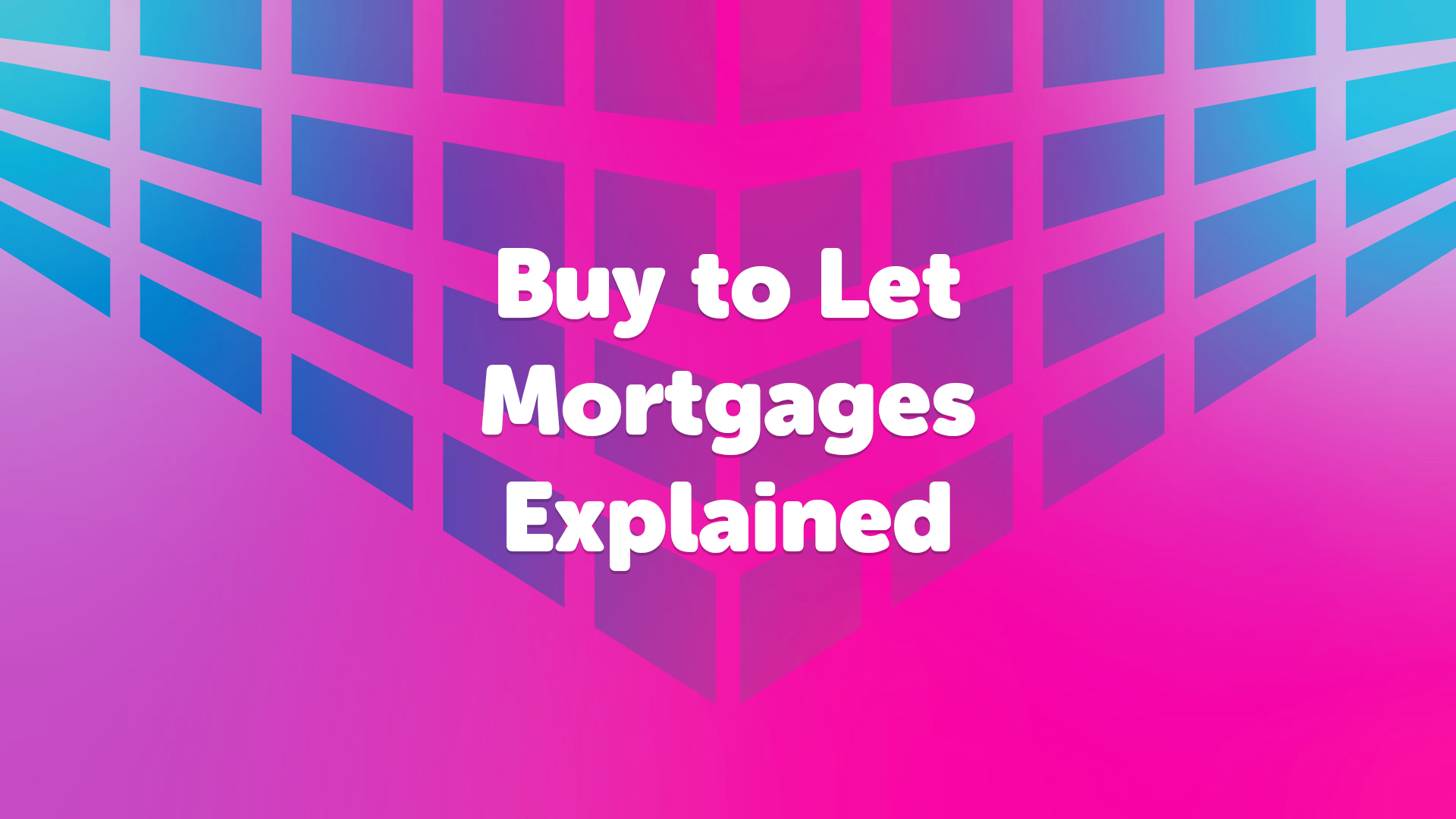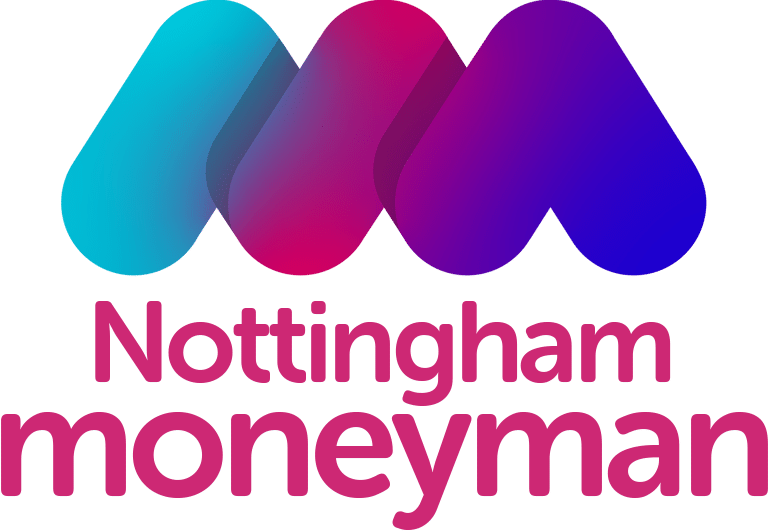The Financial Conduct Authority does not regulate some types of buy to let or commercial mortgages.
Buy to let mortgages have become popular investment option for individuals looking to generate revenue from rental properties in Nottingham.
But what exactly is a buy to let mortgage, and how does it work? Here, we’ll delve into the fundamental aspects of buy to let mortgages including what they are, how they differ from standard residential mortgages, as well as the factors you need to consider before taking one out.
Whether you are an experienced buy to let property owner, purchasing your investment property or contemplating buy to let as a first time buyer, this guide can help you gain a strong understanding of how buy to let mortgages work.
What is a buy to let mortgage and purchase?
A buy to let property can be viewed as an investment generating income through rental payments, typically used to make mortgage payments and possibly more.
The owners are obligated to mortgage the property with the plan to rent it out. A conspicuous pattern of previously rented properties being associated with buy to let mortgages exists.
How do buy to let mortgages work?
Buy to Let mortgages have been specifically engineered for individuals willing to acquire a property to rent it out to tenants. Lenders typically enforce a larger deposit requirement in comparison to a traditional home loan, and the approval process is often influence by the potential rental income, as well as, the borrower’s personal financial status.
The lender will generally demand a rental income that exceeds the mortgage payment by a specific percentage, usually around 125%. Buy to let mortgages can either be interest only (only interest is paid back monthly) or repayment, where both the interest and capital are repaid on a monthly basis.
The outstanding balance must be cleared at the termination of the mortgage term. If you opt for a buy to let mortgage, ensure that you are aware of the slightly different criteria for eligibility as well as the associated fees.
It would be beneficial to collaborate with a mortgage broker in Nottingham, who can guide you through the application procedure to find a suitable buy to let mortgage in Nottingham.
How much can I borrow for a buy to let mortgage?
Your potential rental income will be assessed by the lending institution during your application for a buy to let mortgage. Generally, as long as your projected rental income is consistent with your mortgage request, there would be no borrowing limits. While no strict limitations may exist, the lender may require the anticipated rental income to surpass the monthly payment by a specific percentage.
Who is eligible for a buy to let mortgage?
To be eligible for a buy to let mortgage in Nottingham involves being a UK resident and older than 18 years of age. A sound credit history along with a stable income to support the monthly mortgage payments is typically required.
The lender will assess your capacity to sustain the mortgage, accounting not only for your expected income, but also your projected rental income. The majority of lending firms enforce a minimum 25% deposit of the property’s value, although a lesser deposit may be accepted depending on individual situations.
Always consult with a mortgage broker in Nottingham properly credentialed to provide specialist buy to let mortgage advice to identify the best deal for your specific situation.
What documents are needed for buy to let mortgages?
While applying for a buy to let mortgage in Nottingham, you must supply various documents to the lending firm including evidence of income, deposit, address, ID, bonuses, commission, and P60. Self-employed applicants are also required to present their SA302 tax return. Existing landlords must present evidence of rental income, usually through a certified ARLA report and mortgage statement for their current properties. Having these documents prepared in advance may expedite the application process.
What type of buy to let mortgages could I apply for?
Most buy to let investors typically opt for an interest only mortgage to reduce their monthly expenses.
With this type of mortgage, you only pay the interest every month, and the remaining capital balance is paid off by selling the property or remortgaging onto a repayment mortgage at the end of the term. Alternatively, you may have a repayment vehicle set up to cover the cost.
Although interest only mortgages are the norm and considered more tax-efficient, you can still apply for repayment mortgages on buy to let properties, where you’ll pay both capital and interest every month.
While this may result in higher monthly payments, it helps you build equity in the property and ultimately own it outright at the end of the term, without having to make any significant capital payments.
What is the difference between let to buy mortgages and buy to let mortgages?
With a let to buy mortgage, the landlord rents out the property to generate income. A major difference is that let to buy mortgages are typically used by “accidental” landlords, who did not initially plan to rent out their property but subsequently made up their minds. In order to avoid the hassle of selling their home and buying a buy to let property, homeowners may opt to rent out their existing property and use the income to pay off their new residential mortgage. This enables them to generate additional income without having to buy a new property just to rent it out.
What is consent to let and could that be an option for me?
If you own your existing property, you may consider temporarily renting out your property without converting it into a permanent buy to let with the help of a provision known as consent to let. While this is not offered by all mortgage lenders, those that do may limit the number of days per year you can rent out your property, typically between 30 and 90 days in a calendar year, contingent on the lender. If you foresee a need for the consent to let, try consulting your lender to see if they offer this feature. Do remember this is a short-term solution, long-term renting without conversion to a buy to let may not be permitted and could lead to penalties.
What should I think about before choosing a buy to let mortgage?
If you are contemplating a buy to let mortgage, attention must be paid to the purpose of the property (short-term or long-term investment), size of the deposit, interest rates and associated type, and fees including those for arrangement and valuation. The choice of mortgage must be suitable for your financial situation and future plans, it’s always best to consult a mortgage advisor if you are uncertain.
How many buy to let mortgages can I have?
With buy to let mortgages, you could own multiple properties either individually or through a limited company. While there may be some variation among mortgage lenders, there is generally no hard cap on the number of buy to let mortgages one can have. From application to application the lender will still have to assess if you can afford the additional debt. Many buy to let lenders require you to provide proof of rental income and may use this to assess your affordability, as well as, your personal income and financial obligations.
Can I live in my buy to let property?
It is worth noting that buy to let landlords rarely reside in the properties they rent out as this may be viewed as a breach of contract that could lead to penalties, even legal action. However, if you no longer have a tenant in your buy to let property you might consider changing it to a primary living space, this would most likely require refinancing. For more information, get in touch with a buy to let remortgage specialist.
Can I change my residential mortgage to a buy to let mortgage?
Transforming from a residential mortgage to a buy to let mortgage may involve contacting your lender and discussing potential options with them. Some lenders may permit a straightforward switch while others might require a new mortgage to be approved.
If you do decide to switch, the lender may expect a minimum income or a certain amount of equity within your property. They are also likely to assess the rental income potential. It’s always a good idea to discuss taxation with a financial professional or tax advisor to understand how this switch might affect your financial circumstances.
Date Last Edited: February 8, 2024

